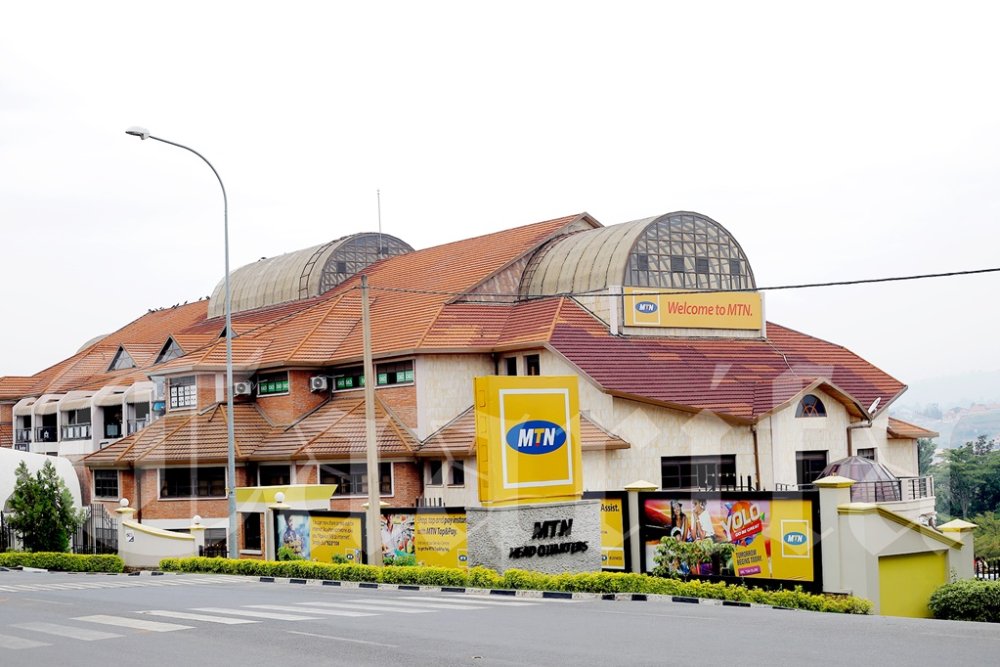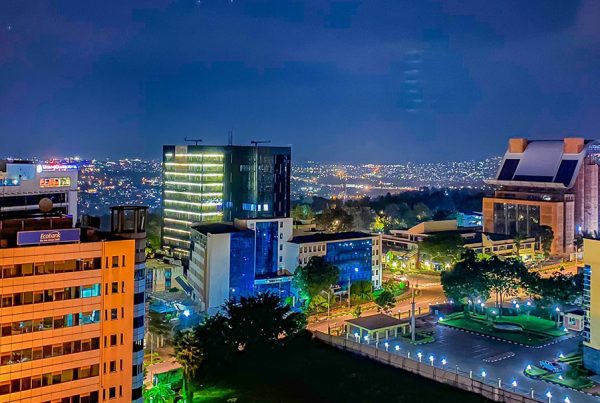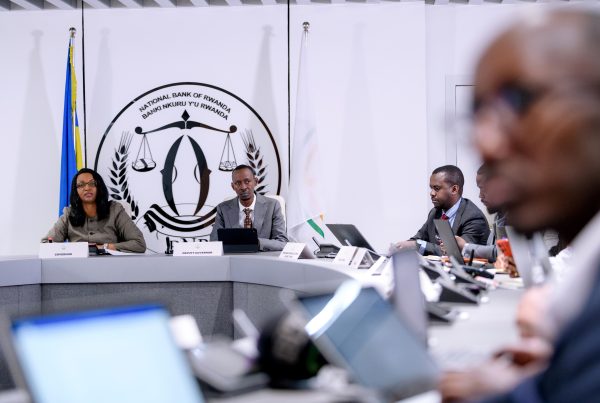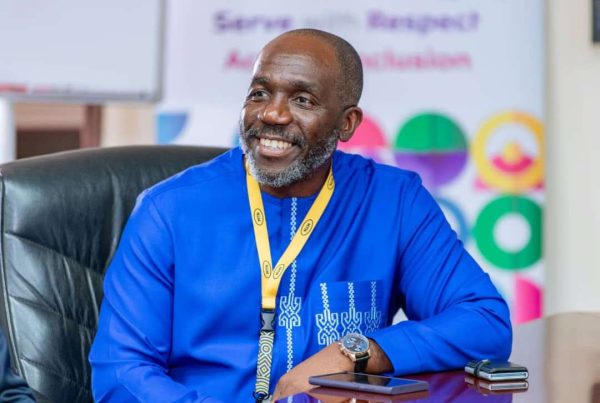MTN Rwandacell Plc posted a more than threefold increase in first-quarter profit as surging demand for mobile money and data services lifted revenue, while the company’s finance chief pledged a focus on cost control and capital discipline.
Net income jumped 228.6% year-on-year to Rwf1.6 billion in the three months to March, driven by a 12.3 percent rise in service revenue to Rwf67.2 billion. The turnaround was underpinned by a sharp increase in data traffic and the continued expansion of the firm’s MoMo fintech platform, even as operational costs ticked higher. MTN’s subscriber base rose to 7.6 million users, up 2.8 percent from a year earlier, with 5.3 million actively using mobile money.
Acting Chief Financial Officer Dunstan Ayodele Stober said the results reflect a successful blend of commercial discipline and strategic investment. “The 9.3 percent growth in EBITDA, underpinned by double-digit revenue gains, reinforces our focus on operational efficiency,” Stober said in an interview.
He acknowledged pressure on margins from the depreciation of the Rwandan franc and lease-related accounting adjustments but added that “a disciplined expense efficiency program and value-based capital allocation” would remain central to sustaining profitability.
MTN Rwanda is executing a five-year “Ambition 2025” plan that prioritizes fintech and digital services to drive growth. Revenue from the MoMo unit surged 28 percent in the first quarter, as more customers turned to mobile platforms for payments and remittances. “We’re seeing Rwandans relying more deeply on MoMo for everyday financial needs,” Stober said, adding that the platform’s evolution into a broader lifestyle and transaction tool continues to be a key growth pillar.
Data revenue climbed 12.2 percent on the back of a 33.6 percent increase in data traffic, buoyed by smartphone penetration reaching 41.8 percent. The company’s bundled offers such as “Gwamon’” have gained traction despite increased market competition. While active data users declined slightly, Stober said MTN is focused on “value-driven digital engagement,” not just raw user numbers. “We’re not in a race for volume, we’re in a race for quality of service and long-term loyalty,” he said.
Beyond headline growth, the CFO emphasized a recalibration of the company’s cost structure. He pointed to a tightening of capital expenditure and a review of contract terms with vendors. MTN Rwanda plans to redirect more investment toward higher-return projects in fintech and digital services rather than expanding legacy infrastructure. “We’ve become more selective. Every franc we spend must justify its return,” Stober said.
Looking forward, Stober was cautiously optimistic about the rest of 2025. “The macro outlook in Rwanda remains stable, and we’re encouraged by government support for digital infrastructure and financial inclusion,” he said. Still, he flagged exchange-rate volatility and inflation as potential headwinds. MTN’s internal models have priced in a conservative forex environment for the remainder of the year, with hedging tools in place for key exposures.
The strong Q1 performance suggests that MTN’s fintech-focused strategy is gaining traction in one of Africa’s most digitally ambitious economies. MoMo’s continued growth, combined with disciplined cost management and rising data usage, may offer a sustainable model even amid regulatory and currency risks.
Earnings before interest, tax, depreciation and amortization rose 9.3 percent year-on-year to Rwf26.5 billion, though the EBITDA margin dipped to 38.9 percent, reflecting higher lease and currency-related costs. The firm’s profitability rebound marks a continuation of the momentum from Q4 2024, when MTN Rwanda first signaled a shift toward financial resilience. In parallel, the company disbursed Rwf14.5 million to 40 local agents under its “Level Up Your Biz” initiative, a CSR program aimed at empowering small businesses.
Stober summed up the quarter’s performance as a signal that MTN Rwanda is on the right track: “We’re not just connecting people anymore, we’re powering lives, transactions, and the digital economy. And we’re doing it with discipline.”





